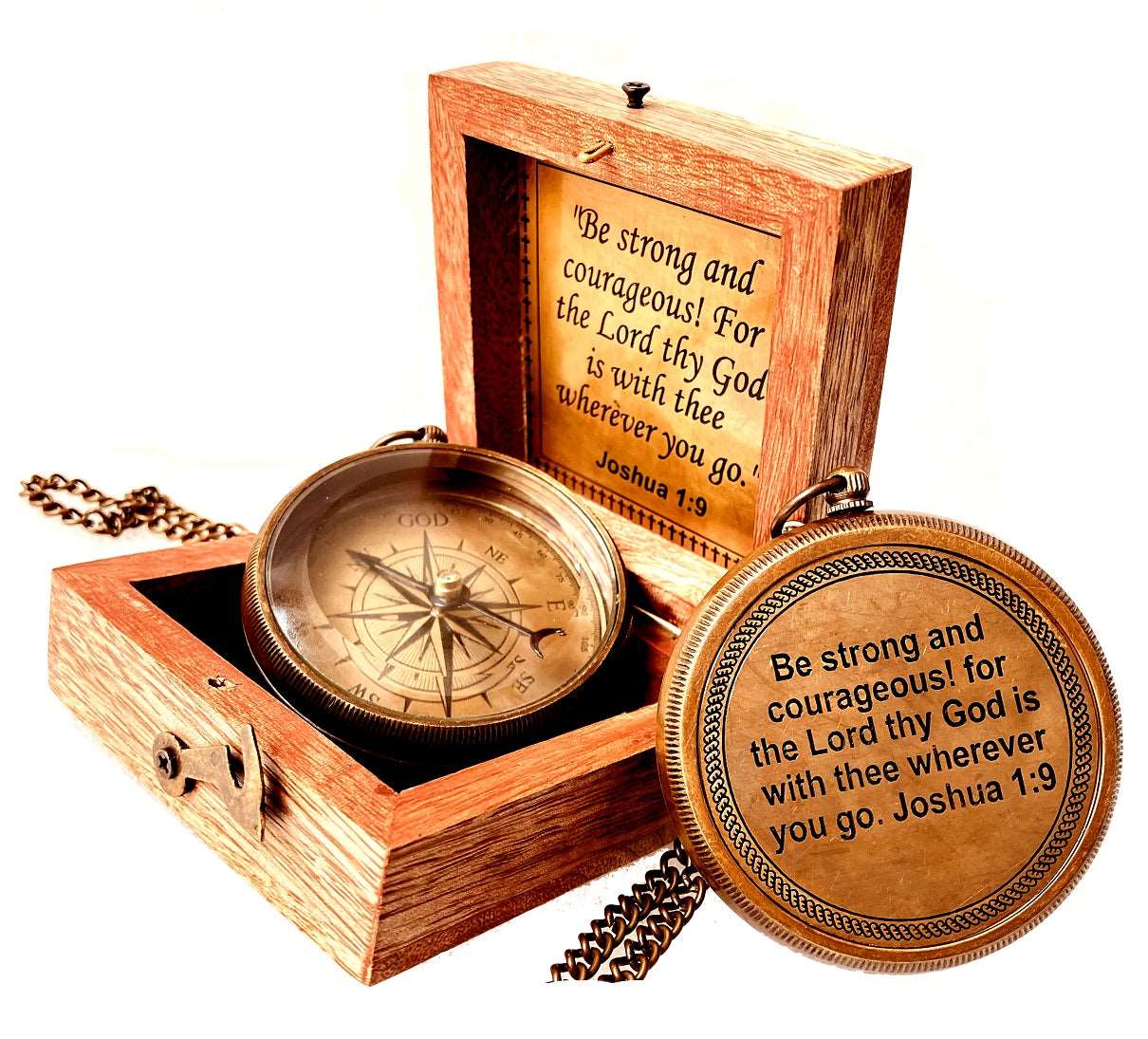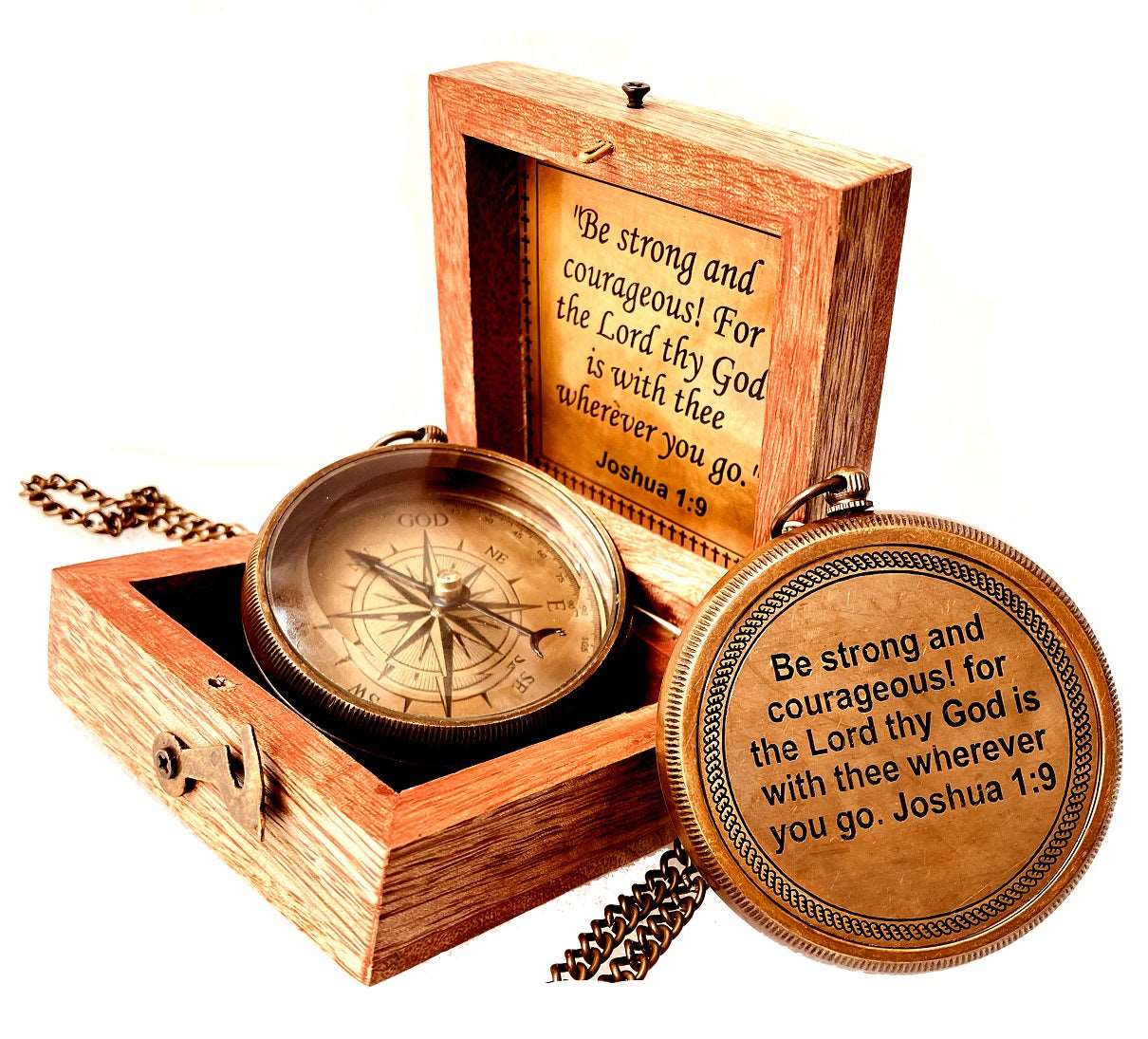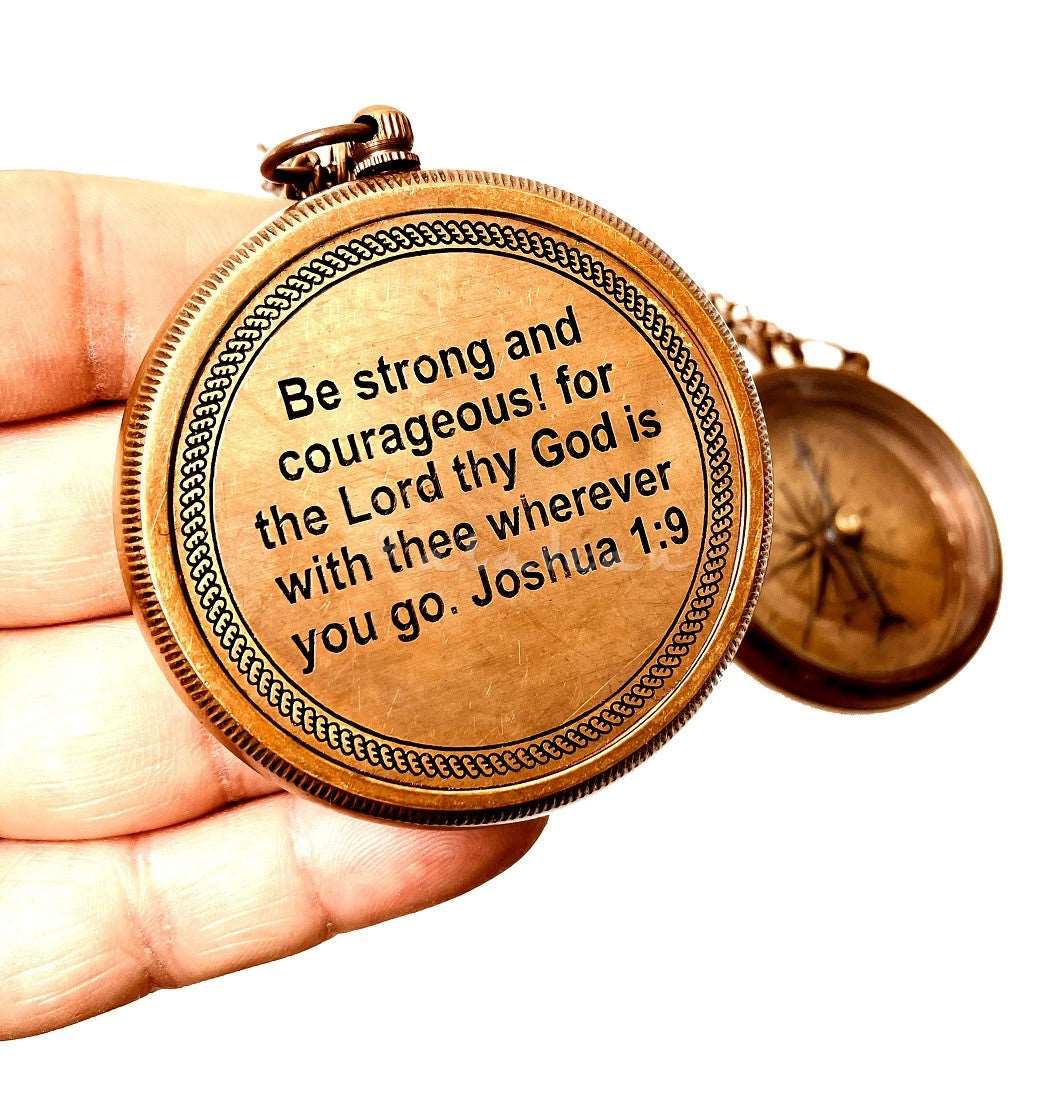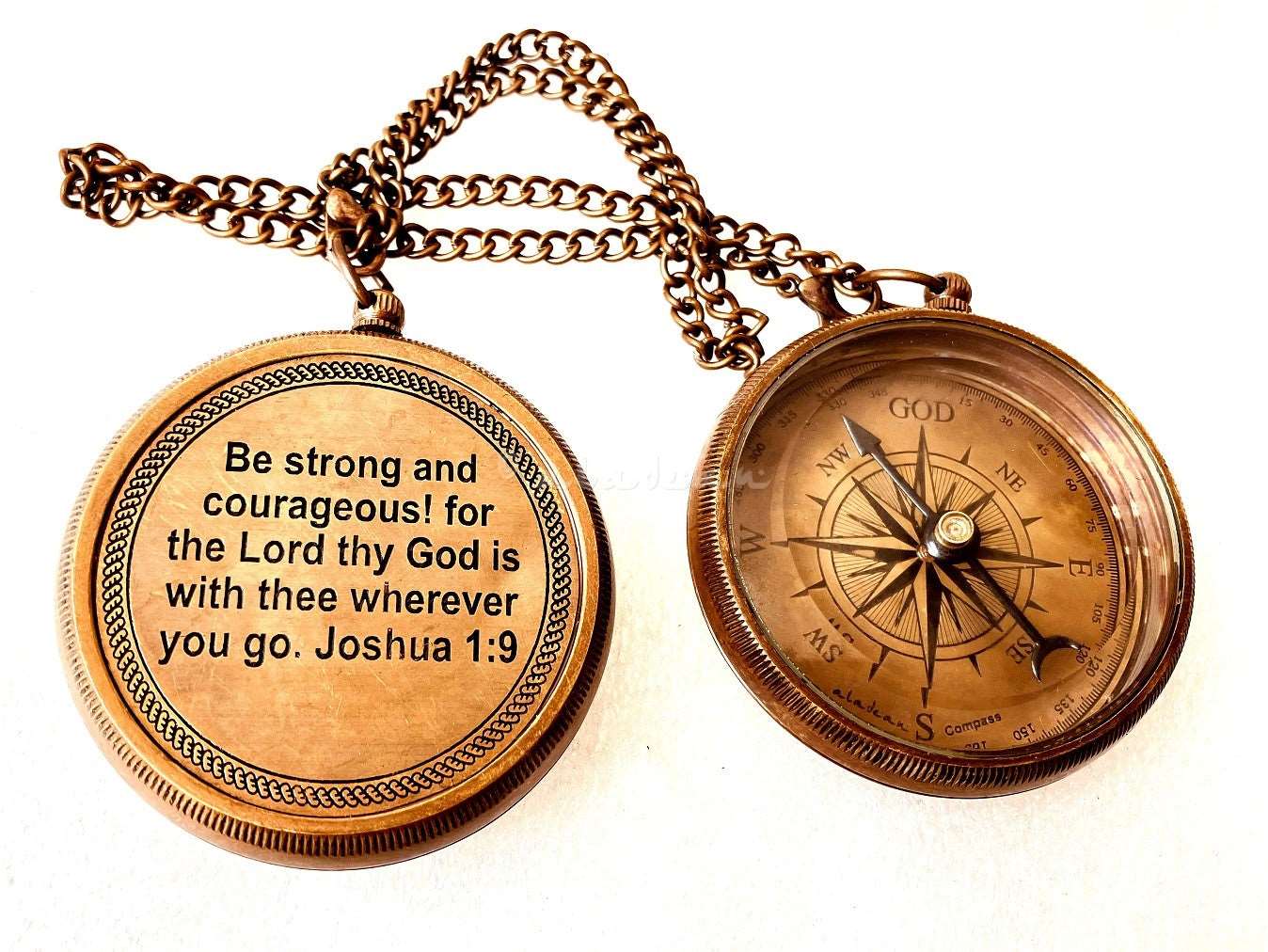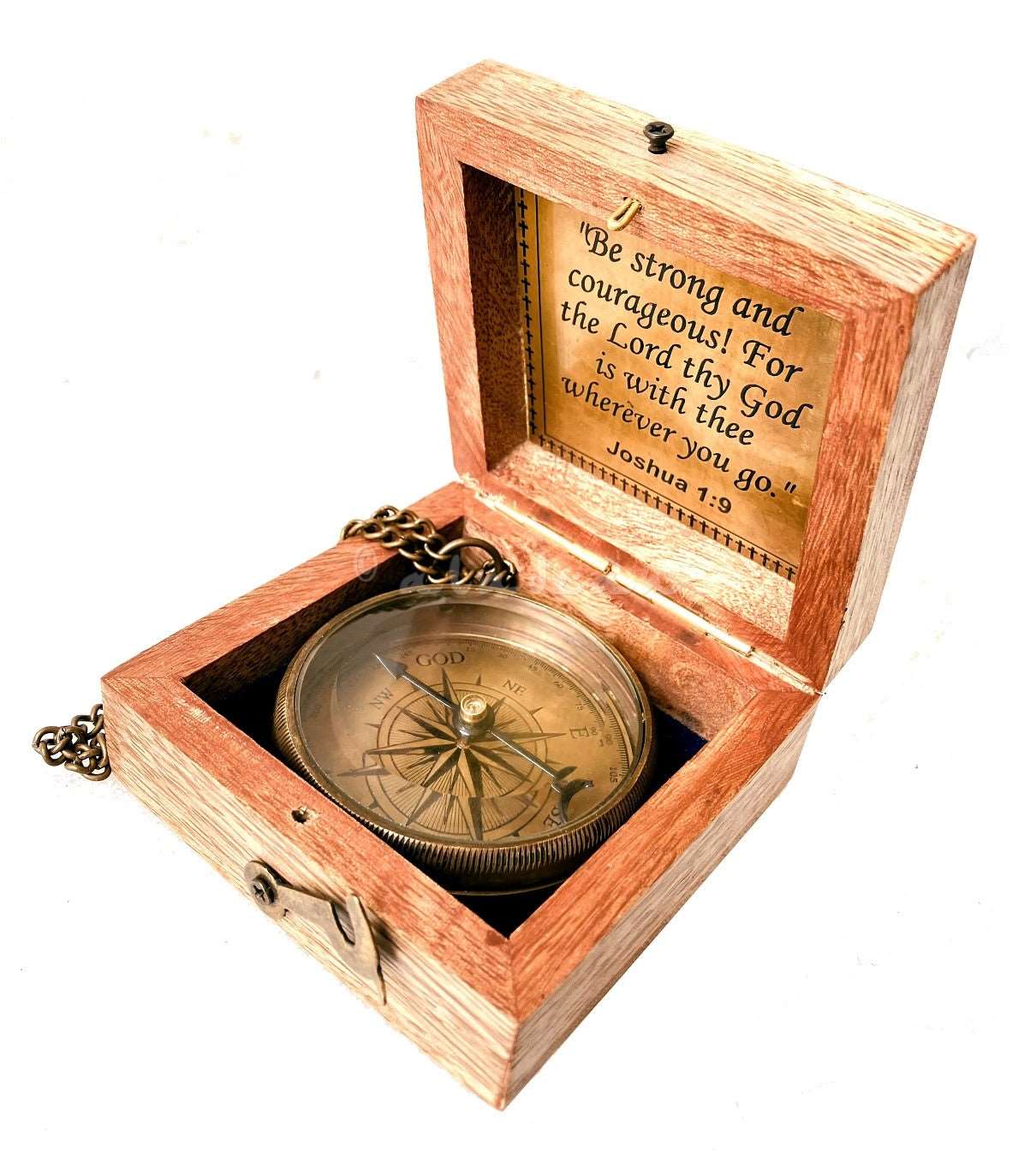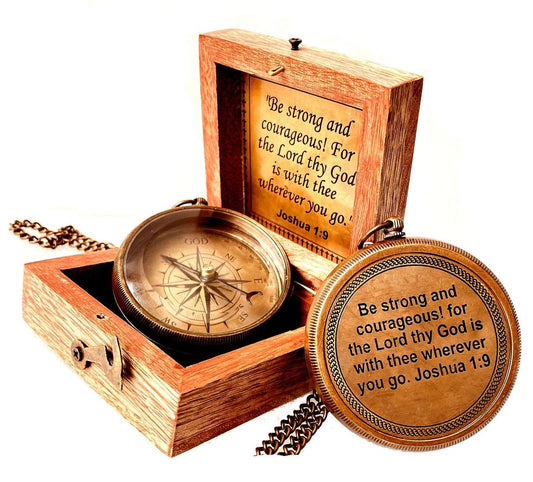Similar Stories of Prophets, Messengers, and Deities Across Religions
Share
Throughout history, many religious narratives have shared similar stories of prophets, messengers, and deities.
Often, these figures carry messages and experiences that overlap significantly, suggesting they may be understood differently across various cultural and religious contexts. Here are some prominent examples:
Abraham / Ibrahim (Judaism, Christianity, Islam)
Story Overview
- Judaism: Known as Abraham, he is the patriarch of the Israelites, establishing the covenant with God. He is central to Jewish belief, symbolizing faith and obedience to God.
- Christianity: Abraham is a pivotal figure, revered as the "father of many nations" and an example of faith. His willingness to sacrifice his son Isaac demonstrates ultimate faith and trust in God.
- Islam: Referred to as Ibrahim, he is considered a prophet and messenger of God. His story emphasizes his monotheistic beliefs and willingness to sacrifice his son Ismail as an act of submission to God's will.
Key Incidents
- Covenant with God: In all three religions, Abraham/Ibrahim's covenant with God is a foundational event, establishing a relationship based on faith and obedience.
- Sacrifice of the Son: While Judaism and Christianity focus on Isaac, Islam focuses on Ismail. The act of near-sacrifice is a test of faith and devotion in all traditions.
Scripture References
- Judaism: Genesis 12-25 (Hebrew Bible)
- Christianity: Romans 4:1-25 (New Testament)
- Islam: Quran 2:124-141, 37:100-111
Moses / Musa (Judaism, Christianity, Islam)
Story Overview
- Judaism: Moses is the most important prophet, leading the Israelites out of Egypt, receiving the Ten Commandments, and guiding them through the wilderness.
- Christianity: Moses is revered as a lawgiver and prophet. His leadership and the giving of the Law are seen as precursors to the coming of Christ.
- Islam: Known as Musa, he is a prophet who leads the Israelites out of Egypt and is a key figure in the Quran, which recounts his life and mission in detail.
Key Incidents
- Exodus: The story of Moses/Musa leading the Israelites out of slavery in Egypt is central to all three religions.
- Revelation of the Law: The giving of the Ten Commandments on Mount Sinai is a significant event in Judaism and Christianity, paralleled in Islam by Musa receiving God's guidance.
Scripture References
- Judaism: Exodus, Leviticus, Numbers, Deuteronomy (Hebrew Bible)
- Christianity: Acts 7:20-44 (New Testament)
- Islam: Quran 7:103-160, 20:9-98
Jesus / Isa (Christianity, Islam)
Story Overview
- Christianity: Jesus is the central figure, believed to be the Son of God, the Messiah, whose life, death, and resurrection provide salvation for humanity.
- Islam: Known as Isa, he is regarded as a prophet and messenger of God. Islam acknowledges his virgin birth, miracles, and his role as a bringer of divine revelation, but does not accept his divinity or crucifixion as Christianity does.
Key Incidents
- Miraculous Birth: Both traditions acknowledge the virgin birth of Jesus/Isa to Mary/Maryam.
- Miracles: Jesus/Isa performed numerous miracles, such as healing the sick and raising the dead, as signs of his prophethood.
- Second Coming: Both Christianity and Islam hold that Jesus/Isa will return at the end of times.
Scripture References
- Christianity: Matthew, Mark, Luke, John (New Testament)
- Islam: Quran 3:45-55, 19:16-38
Krishna / Christ
Story Overview
- Hinduism: Krishna is a major deity, the eighth avatar of Vishnu, known for his divine play (lilas), teachings in the Bhagavad Gita, and his role in the Mahabharata.
- Christianity: Jesus Christ is the central figure, whose teachings, crucifixion, and resurrection form the foundation of Christian faith.
Key Incidents
- Divine Birth: Krishna's birth is surrounded by miraculous events and divine signs, similar to the Nativity story of Jesus.
- Teachings: The Bhagavad Gita contains Krishna's teachings on duty, righteousness, and devotion, which have thematic parallels to Jesus' Sermon on the Mount.
- Role as a Guide: Krishna guides Arjuna on the battlefield, while Jesus guides his disciples and followers in spiritual and ethical matters.
Scripture References
- Hinduism: Bhagavad Gita, Mahabharata
- Christianity: Gospels (New Testament)
Similar Themes and Messages
Monotheism
- Abrahamic Religions: All three Abrahamic religions emphasize the belief in one God.
- Hinduism: While polytheistic, Hinduism also recognizes a supreme, singular reality (Brahman).
Moral and Ethical Guidance
- Judaism and Christianity: The Ten Commandments provide a moral framework.
- Islam: Sharia law and the Five Pillars guide ethical and moral conduct.
- Hinduism: Dharma and the teachings in texts like the Bhagavad Gita provide ethical guidelines.
Prophetic Tradition
- Judaism: Prophets like Moses and Isaiah provide divine guidance.
- Christianity: Jesus is seen as the ultimate prophet and savior.
- Islam: A series of prophets, with Muhammad as the final prophet.
- Hinduism: Various sages and avatars, like Krishna and Rama, bring divine wisdom.
To conclude
These stories of prophets, messengers, and deities highlight the shared spiritual heritage of humanity. They reflect common values and teachings that transcend cultural and religious boundaries, emphasizing the universal quest for understanding the divine and living a righteous life. By recognizing these similarities, we can foster a deeper appreciation and respect for different religious traditions, promoting harmony and unity among diverse communities.

